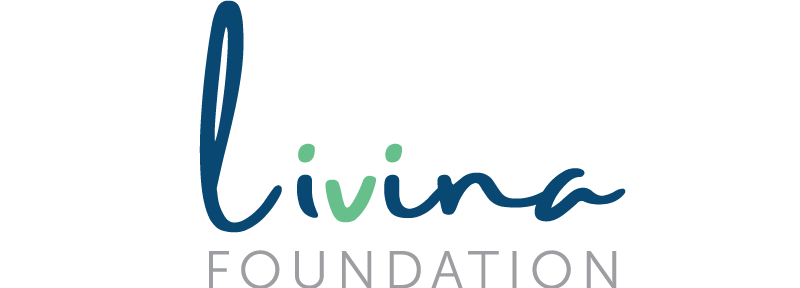India
BAL BASERA AND BACHPAN CHILD CARE HOME
DESCRIPTION OF NP+ SANSTHAN
BAL BASERA AND BACHPAN CHILD CARE HOME
JNP+ is a community based organization registered under Rajasthan Societies Registration Act 1958 in Jodhpur representing PLHIV needs in Rajasthan since 2002. JNP+ is a social movement by and for People Living with HIV/AIDS (PLHIV) in enforcing the recognition for Human Rights of PLHIV in the Rajasthan. JNP+ has been waging a long and intensive struggle against fear, ignorance, prejudice and despair born out of the epidemic and stood to represent courage, insight, acceptance and hope to hundreds and thousands of People Living with HIV/AIDS. JNP+ since its inception is striving hard to make it reality that people living with HIV have equal rights and live with dignity and peace on par with others members of the society.
Th JNP+ has opened two Child Care Homes; called Bal Basera Child Care Home (For Boys) and Bachpan Child Care Home for orphaned and vulnerable children living in Jodhpur. HIV/AIDS is a disease infecting and affecting millions of people daily and Jodhpur does not stand apart from the effects of this epidemic. Many children have become orphaned due to their parents losing their life because of HIV/AIDS and their extended family disowning them due to the fear, stigma, and discrimination of the disease. Everyone deserves the right to have their basic needs met, especially children.
Both the Child Care Homes are making dream a reality for 63 orphaned or vulnerable children living with HIV/AIDS. Right through history, children have been abused and exploited. They suffer from hunger and homelessness; work in harmful conditions, high infant mortality, and deficient health care and limited opportunities for basic education. A child does not deserve to live such a life. Childhood can and must be preserved. Children have the right to survive, develop, be protected and participate in decisions that impact their lives.
Children are innocent, trusting and full of hope. Their childhood should be happy and loving. Their lives should mature gradually as they gain new experiences at the appropriate age level. Yet for many children, the reality of childhood is altogether vastly different. 2 million Indian babies die before they celebrate their first birthday. More girl children are killed at birth. At least 35 million children age 6 - 14 years do not attend school. 17 million children in India work; even when it is considered illegal.
The main reasons for Bal Basera and Bachpan (Child Care Homes) are:
- Keeping children in a loving and caring home where they can grow and have a purposeful future.
- Give the children hope to dream again and be a child.
- Help children meet basic life necessities such as food, health, education, shelter and clothing.
- Strengthening the capacities of caretakers (parents or guardians), so that they can look after children.
- To provide comprehensive and integrated care and support (including nutritional, physiological, medication and educational) for orphans and vulnerable children living with HIV/AIDS.
- To encourage adoption and re-integration/rehabilitation of orphaned and vulnerable children living with HIV/AIDS into the society.
- To provide long term residential care to the most deprived orphaned children due to HIV.
- Socio-eco and educational background of the children.
- Health condition of the children and people on whom they are dependent- HIV infected/ affected or other chronic diseases.
- Stigma attached to the children within the social structure - Due to physical, social and economic
- More than 5-years of age
- Categories of children : Orphan, Semi-orphan, Homeless children, Differently able children, Abandon/relinquish children, Survivors of human trafficking, HIV infected and affected poorest of the poor children
- Distributions of Educational Material:
- Workshop on Effective ways of study: The Objectives of this workshop is:- To provide systematic methods of studying. To build the confidence of children & reduce the exam anxiety To learn the most effective ways to use study material. To learn what the test-makers assess on exam. Hence, this workshop is focus on what to study & how to study.
- Nutritional food supply to children: Since these children come from challenging economic background, they are altogether malnourished. Thus, nutritional food be provided to Shelter
- Counseling
- Health Monitoring
- Medicine: During the health check up and at the time of emergency, there is also being support for consulting a doctor to undergo the treatment. For children living with HIV/AIDS the need of basic medicine is be provided and ensured.
- Emergency: In case of an emergency, the district ICU is be contacted and referred to Umaid Hospital in the Medical College, Jodhpur.
- Development of Individual Care Plan.
- Positive Living: Nurturing Positive Living Skills for Children:
- Support Group Meetings
- Personality Development Workshop for children:
- Recreational activities:
- Parent/caretaker sensitization workshop:
- Advocacy and sensitization program
- Vocational Training Program:
- Rehabilitation/Re-integration or Adoption
